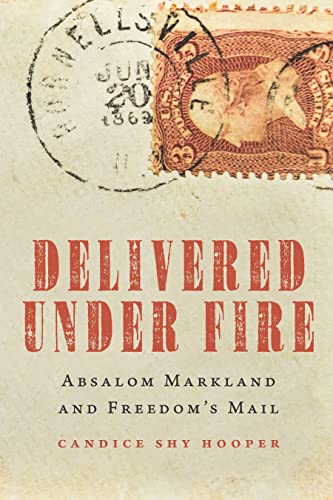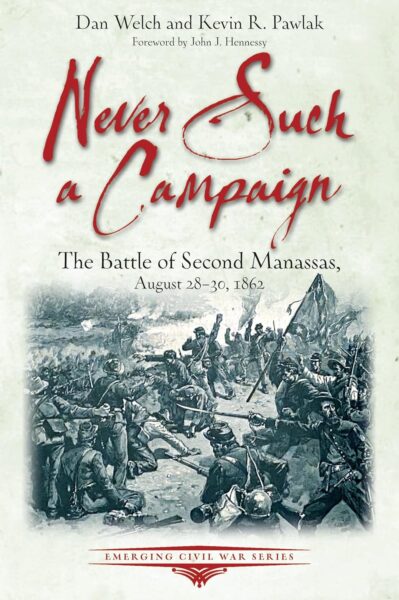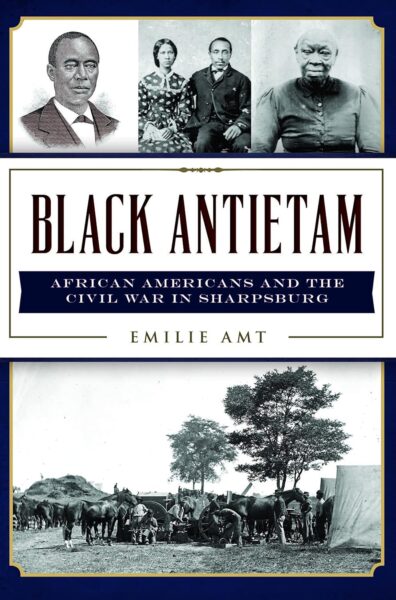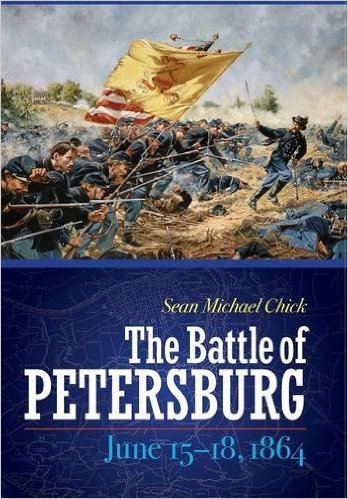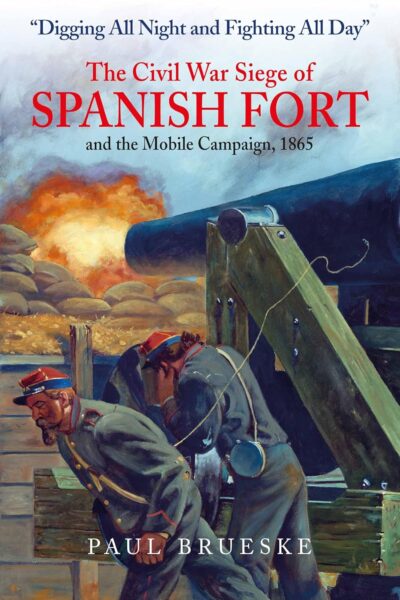After the excitement of enlisting had faded, and the newness of soldiering had evolved into monotonous routine, the Civil War soldier often looked homeward to sustain his flagging morale. Writing and receiving letters was the only true means of bridging the distance the war created between loved ones on the home front and the soldiers and on the battle lines. Morale, a key component in the health and motivation of the fighting men—and thus an important ingredient to battlefield success—relied heavily on keeping the two-way flow of communication and connection open.
Mail call brought a rise in spirits. One soldier wrote home that, “When the lieutenant came to the door and told us that the male had come Every one of the boys jumped up to heare his name called out.” The opportunity to receive news from family and friends, “made the boys shout withe Joy to heare from home once more.” Another soldier wrote that upon receiving letters from his parents and his wife, he could “never remember of having been so glad before. I cried with joy and thankfulness.” It was as if each mail call turned the soldier into a child on their birthday.[1]
An enormous archive of soldiers’ letters bears this out. Hundreds of thousands of letters, both published and unpublished, found in books, newspapers, and archival repositories, provide vivid testimony. In addition, some scholarship has also emerged which has emphasized different aspects of soldiers’ letter writing. However, little has appeared to provide us with an understanding of the individuals charged with keeping the mail flowing.[2] Candice Shy Hooper helps fill this void by offering Delivered Under Fire: Absalom Markland and Freedom’s Mail.
In this lively biography of a largely forgotten but important individual, Hooper shares the key part that Absalom Markland played in the success of the United States military during the Civil War, as well as his significant role in the Grant administration during Reconstruction.
Born in central Kentucky in 1825 and raised in Maysville on the Ohio River, Markland’s youth included attending Maysville Academy with a young Ulysses S. Grant—a relationship that they rekindled as civil war threatened to tear the nation apart. After attending nearby Augusta College, a teaching stint in Ohio, and working on steamboat lines, Markland studied law and wrote newspaper articles under the pseudonym “Oily Buckshot”—all self-improvement efforts that eventually paid off.
In telling the life story of Absalom Markland, Hooper not only provides the reader with details of the primary personality under study, but she also sheds new light on aspects of more famous individuals such as Grant and President Lincoln as they interacted with Markland throughout the Civil War. For example, in discussing Lincoln’s desire to maintain Kentucky’s loyalty to the Union, Markland’s network in the Bluegrass State helped him receive appointment to the position of special agent of the U.S. Post Office in western Kentucky. While there, under Gen. Grant’s direction and influence, Markland first worked out a more efficient mail delivery system during the Fort Donelson campaign. Grant’s desire to speed up the soldiers’ ability to send and receive letters led Markland to develop an innovative mail handling process. Markland’s efforts continued through Grant’s Shiloh, Vicksburg, and Chattanooga campaigns with much success. Although never formally commissioned in the U.S. Army, Markland’s civilian and military associates often referred to him as “Colonel Markland.”
When Grant came to Virginia for the spring 1864 campaign with the Army of the Potomac, Markland came with him and, like his boss, accepted a more expansive role. Now handling the mail process for all the federal forces, Markland’s skills received tests such as Sherman’s March to the Sea and implementing a money order system for the army. But as before, he always found ways to keep the mail flowing.
Continuing Markland’s story into the Reconstruction years, where he assisted the Grant administration in battling the Ku Klux Klan, Hooper explains that his policies demonstrated progressive efforts with new technologies, as well as in appointing mail responsibilities to some African Americans.
Hooper seemingly leaves no source unturned in telling Markland’s life story. She makes excellent use of Markland’s previously overlooked personal papers at the Filson Historical Society. Also noticeable to readers are a wide range of newspaper sources that provide important insight into how contemporaries perceived Markland.
Although Absalom Markland’s importance to the Union cause has lingered for decades in the historical shadows, Hooper’s Delivered Under Fire creates the awareness that Markland deserves and gives students of the conflict a greater appreciation for one of the war’s fascinating individuals who influenced its outcome.
Tim Talbott is currently the Chief Administrative Officer for the Central Virginia Battlefields Trust. He formerly served as the Director of Education, Interpretation, Visitor Services, and Collections at Pamplin Historical Park and the National Museum of the Civil War Soldier.
